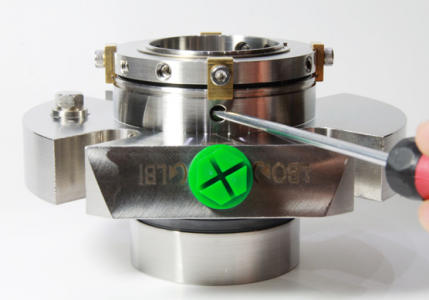As already seen in the previous blog entry, in an agitator/reactor, it is very likely that a cartridge seal will operate under dry conditions, as the fluid/product is at the bottom of the system and hardly enters into contact with the seal. In such conditions, it is essential to use a lubricant other than the product fluid.
The LDC40 cartridge seal is a double seal that facilitates the use of a secondary fluid (barrier fluid) to lubricate the seal.
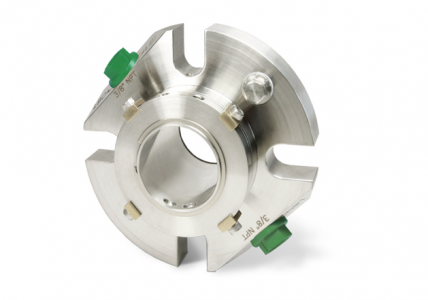
Another benefit of using a secondary fluid is that the maximum linear operating speed of the seal is higher than that of a single seal, reaching values up to 16 m/s. The LDC40 is the perfect solution for sealing agitators that operate at high rpms.
The LDC40 can also operate at high temperatures, as the barrier fluid circuit can evacuate the seal heat. In addition, it has a built-in pumping system that drives the barrier fluid through the internal seal chamber, thus increasing the heat dissipation capacity.
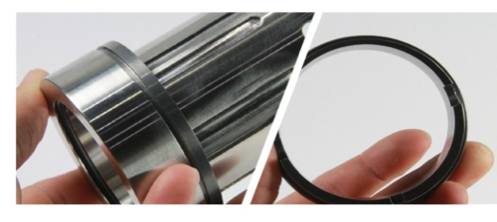
The barrier fluids can be supplied by means of an external source, such as mains water or a closed circuit using a Lidering LST9 tank.
To ensure lubrication between surfaces, it is recommended that the barrier fluid be at a slightly higher pressure than that of the agitator interior (overpressure of between 1-2 bar), based on the API Plan 53A concept.
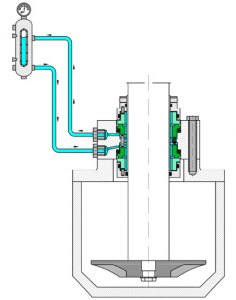
When using an open circuit, this differential can be obtained by choking the barrier fluid flow at the cartridge output or pressurising the LST9 tank in the event that the circuit is closed.
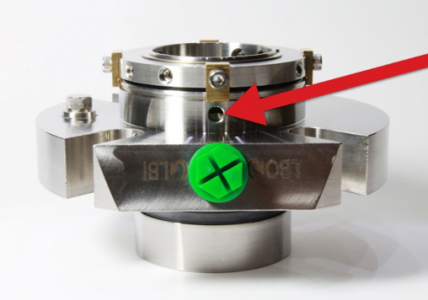
It is important to ensure that the internal cartridge chamber is completely filled with barrier fluid, to eliminate the possibility of air pockets forming inside it. For this reason, it is necessary to purge the chamber. The cartridge seal has a tiny hole in the flange that permits the activation of a metal part to ensure the chamber is completely filled with barrier fluid.
